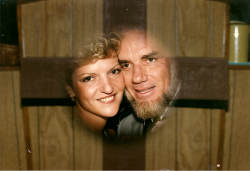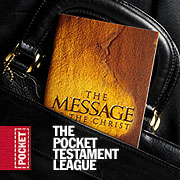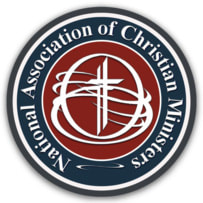...although I was severely tested by the plots of the Jews.
Thoughts for Today:A little more than 40 years ago, the journalist Richard H. Rovere set off in search of that indistinct tangle of power and influence known as the American Establishment. After months of investigation, Mr. Rovere, in an essay first published in 1961, unmasked the establishment's members -- the directors of the Council on Foreign Relations, the chairman of Chase Manhattan Bank, the head of the Ford Foundation, and so on -- and offered a working definition: "A more or less closed and self-sustaining institution that holds a preponderance of power in our more or less open society." That kind of sounds like what Paul was up against. Although not the "American Establishment," the "Jewish Establishment." In Paul's day, he represented to the Jews more than just a difference of opinion. Christianity itself signaled a fundamental change in the Jewish way of life, yet the "Establishment" was fully invested in the status quo. As the "self-sustaining institution" the Jewish Establishment would do just about anything to put an end to Paul's ministry.
Today we take at face value the existence of "The American Establishment," at least in the political realm. It is widely taken for granted that each major party is more or less run by a powerful establishment, which anoints presidential candidates, supplies them with campaign money and gets them elected. In the face of this mighty political machine our voice, even our vote, can seem small and insignificant. I'm sure Paul felt much the same way, with one really big exception: he didn't speak with his own voice. He spoke with a roar -- the voice of "the Lion of Judah" -- the only One truly established, our Lord and Savior Jesus Christ. Colossians 1:15-20 says, "He is the image of the invisible God, the firstborn over all creation. For by him all things were created: things in heaven and on earth, visible and invisible, whether thrones or powers or rulers or authorities; all things were created by him and for him. He is before all things, and in him all things hold together. And he is the head of the body, the church; he is the beginning and the firstborn from among the dead, so that in everything he might have the supremacy. For God was pleased to have all his fullness dwell in him, and through him to reconcile to himself all things, whether things on earth or things in heaven, by making peace through his blood, shed on the cross."
Questions to Ponder:Are you a member of your church's "establishment"? I sit on the Finance Committee, the Deacon Board, etc. When we hold positions like these we need to remind ourselves that our job is not to be "self-sustaining", in other words we shouldn't always support the status quo. As a young man I used to get so frustrated with the older guys, they seemed to resist change for no reason other than it was different than they were used to. At that time I made a commitment to the Lord that I honor to this day, "When I become one of those in charge I will remain open to the Lord's leading -- even if it takes me out of my comfort zone." Are you having difficulty adjusting to new approaches in ministry and worship? If your church's growth is stagnant, you might want to look at and reevaluate your "Establishment's" approach to new ideas. Are they receptive? Are you? How can you be?





 RSS Feed
RSS Feed
